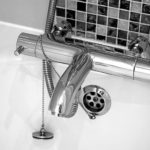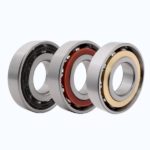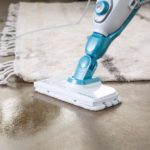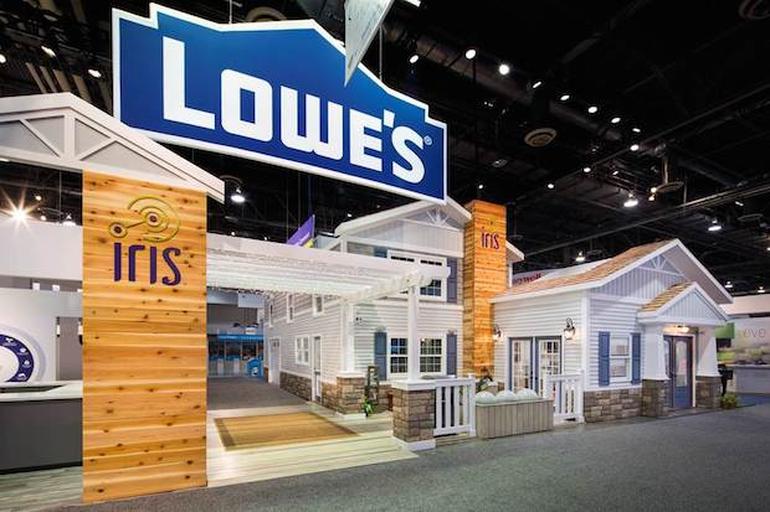In our pursuit of better energy management and environmental responsibility, we’ve gathered valuable insights into optimizing the functionality of air conditioners. A well-performing air conditioner blends convenience, effectiveness, and eco-consciousness seamlessly.
Let’s learn some helpful tips that will improve how you understand your HVAC system and also make it work better and last longer.
Insulate and seal your home from top to bottom
Inadequate insulation forces your air conditioner to work harder than necessary. When cool air escapes and warm air infiltrates your home, the efficiency of your air conditioner is compromised.
To improve your air conditioner’s effectiveness, properly insulate walls and attics, seal gaps around windows, doors, and ducts, and mend any cracks. You’ll find window sealing kits and weather stripping at hardware stores, both of which are relatively easy to install. To achieve the best possible insulation, it’s worth thinking about getting a professional energy assessment.
This can help uncover any concealed leaks or insulation shortcomings. Addressing these concerns plays a crucial role in retaining cool air right where it should be. This not only lessens the strain on your air conditioning unit but also results in significant energy cost savings.
Proper home insulation doesn’t just boost your air conditioner’s effectiveness; it also enhances overall energy efficiency. This translates to continuous comfort throughout the year, accompanied by substantial cost reductions.

Regularly maintain your AC unit
The key to a well-functioning air conditioner is consistent maintenance. This includes tasks such as cleaning cooling coils from dirt and grime, changing or cleaning filters every one to two months, and ensuring all moving parts are lubricated and functioning correctly.
Dirty filters obstruct airflow, making the system work harder and consuming more energy. Regularly checking refrigerant levels is important for optimal operation. Opting for an annual professional service check is highly recommended. Licensed experts can detect and address problems early, preventing costly breakdowns and prolonging the system’s lifespan.
Alternatively, if you want to save some money, you can also personally maintain your HVAC system with just a few tools and spare parts.
Promptly address underlying issues
Occasionally, an air conditioner’s inefficiency stems from underlying problems that require professional intervention. If you notice a sudden spike in energy costs, unusual noises, or reduced cooling performance, it’s time to call a reliable air conditioning repair service crew.
These licensed experts know to identify (and rectify) various issues, whether it’s faulty wiring or refrigerant leaks. Addressing and resolving these problems early can prevent more severe issues down the line, such as a complete system breakdown.
Timely repairs are necessary for the long-term well-being of your air conditioner. Addressing repairs promptly keeps money in your pocket and ensures uninterrupted comfort, regardless of the season.

Optimize thermostat settings
A smart or programmable thermostat can significantly enhance your ability to regulate indoor temperature. Programmable thermostats allow you to create a schedule that aligns with your daily routine.
Some smart thermostats even learn your habits over time and adjust accordingly. Precise control ensures the air conditioner operates only when necessary, reducing energy consumption and prolonging its lifespan.
Additionally, using ceiling fans in tandem with air conditioning provides a practical way to maintain comfort. This approach not only conserves energy but also extends the HVAC system’s lifespan.
Ceiling fans: a beneficial addition
Introducing ceiling fans can greatly benefit your air conditioning system. Fans circulate cool air, making a room feel cooler without lowering the temperature. Consequently, your air conditioner doesn’t have to work as hard, consuming less energy and experiencing less strain.
Different spaces’ airflow can be enhanced using various fan designs and sizes. For optimal results, consider fans with energy-efficient motors and adjustable speeds. Combining ceiling fans with air conditioning offers a practical method to sustain comfort while reducing energy usage and prolonging your HVAC system’s life.
Using ceiling fans is a smart move to complement your air conditioner’s performance and decrease energy consumption.
Final comments
An energy-efficient air conditioner offers you more than just cost savings on utility bills; it plays a key role in having a greener, more sustainable environment. We hope the tips we’ve covered today will help improve the performance of your HVAC system and prolong its lifespan.
So, stay cool and environmentally responsible throughout the remainder of the summer season!











